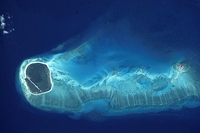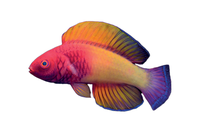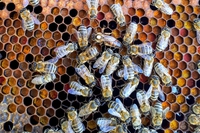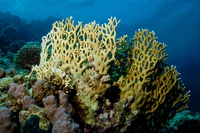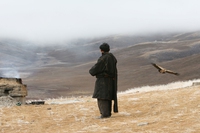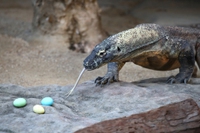
New report reveals the dangers of deep-sea mining
Deep-sea mining (DSM) could lead to irreversible damage to marine biodiversity and exacerbate the climate crisis, a new report has revealed.
Deep-sea mining (DSM) could lead to irreversible damage to marine biodiversity and exacerbate the climate crisis, a new report has revealed.
It has taken 15 years of negotiations but the world’s governments have finally reached an agreement to protect the oceans and the high seas.
Let’s meet some of the new species that were discovered in 2022. There are still countless others left to find and describe.
The first-ever vaccine for bees has been approved in the United States: it will provide immunity against American foulbrood, a highly contagious disease.
The Supreme Court’s decision to halt plans to expand Veracruz’s Port is a powerful signal and a victory for local marine ecosystems and communities.
A huge open-cast copper mine in the heart of the Lower Zambezi National Park threatens to obliterate the ecosystem and millions of livelihoods.
The same tycoons who created factory farms are the ones investing in fake meat. But “real” food can’t be created in laboratories: regenerative agriculture is the only way.
Vulture populations in southern Asia experienced a 99% collapse and for a long time nobody knew why. Then, a historic discovery saved them.
In Glasgow, technological solutions to climate change have been cleared as “natural” but are in contrast with regenerative, biodiversity-centred solutions.
Tuna recovers while the Komodo dragon falls into the endangered list due to climate change. Sharks and rays are also at risk because of overfishing.
